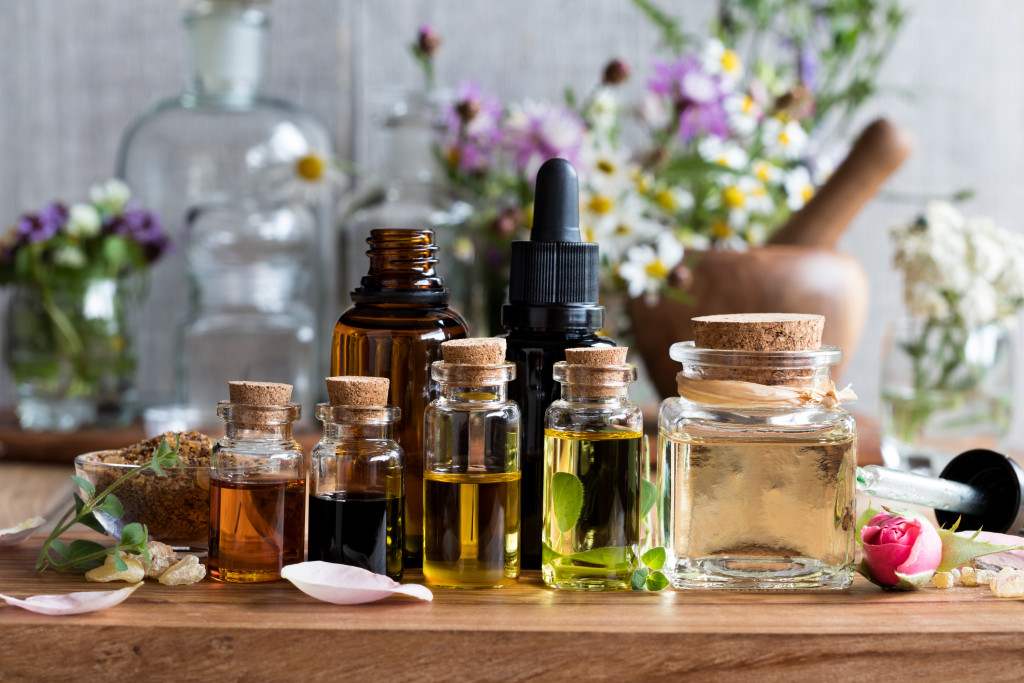Traditional healthcare is the usual go-to option for consumers seeking relief from their health issues. Many people would resort to over-the-counter medicines in relieving common symptoms. When needed, they would consult their doctor to understand their condition better and gain a better insight on how to treat their ailments. A growing number of people would rather mix traditional medicine with alternative medicine.
Alternative Medicine: a Growing Industry
Alternative medicine has been around for so many years now. People use this as a way to have better control and autonomy over decisions concerning their healthcare. They see this as a good alternative that matches their beliefs, values, or worldview.
Some people would resort to alternative medicine after losing hope in conventional healthcare. They are either dissatisfied with conventional healthcare or fail to enjoy the results they expect from traditional medicine. Some also choose to make the switch after learning that their beliefs or values are more compatible with the alternative.
There are also people willing to try alternative medicine after their doctors, relatives, or other loved ones made the recommendation. Back in the day, conventional doctors recommend against such practice. But these days, more healthcare professionals are recommending alternative and complementary medicine.
These are usually professionals who have tried these alternatives before. This is evident with the growing number of medical centers now offering non-traditional treatment options. Such treatments include acupuncture, chiropractic medicine, and dietary supplements.
In 2020, the global alternative medicine and complementary medicine market were valued at USD 82.27 billion. Experts expect this to reach 22.03% by the year 2028. The Covid-19 pandemic only made alternative medicine more popular after consumers went seeking healthcare alternatives.

The Role Millennials Play in the Growing Alternative Medicine Market
We can thank today’s largest generational cohort for alternative medicine’s comeback. Millennials along with Generation Z are willing to try alternative medicine for the sake of experience and practicality. This is not to say that they already said goodbye to traditional healthcare.
Many millennials simply differ from older generations when it comes to how they approach healthcare. Unlike Gen X and Baby Boomers, they would rather seek alternative treatments instead of controlling pain, preventing disability, and slowing down the progress of their condition. They want to be more in control of everything that concerns them, including the kind of treatments they get.
There are some who doubt if pharmaceuticals are sourced and created holistically. They would rather choose unconventional treatments than simply rely on pharmaceuticals that have potential side effects. Millennials are embracing natural ways of easing their pain and symptoms, which is what alternative medicine has to offer.
One should not forget that many of today’s younger generations would rather choose natural remedies. They are often dubbed as the wellness generation due to their active pursuit of wellness. They are spending more time on healthy food items, fitness, self-care, and other things healthy and natural.
Millennials are also tired of the traditional way of seeking healthcare. Long wait lines at the doctor’s office, the incredibly high healthcare expenses, and impersonal doctor’s visits made them rethink how they chase after healthcare. Due to the comfort and convenience alternative medicine has to offer, more millennials are incorporating this into their lifestyle.
How the Pandemic Helped Secure the Future of Alternative Medicine
The restrictions brought about by the pandemic made consumers reconsider their healthcare options. Self-isolation, social-distancing, and quarantine measures played a huge role in today’s mental health. This made more people seek ways to improve their physical health and inevitably, their mental health. They are exploring alternatives to traditional medicine to improve their overall health and well-being.
More people now suffer from pandemic-induced stress, depression, anxiety, and insomnia, among many other conditions. More consumers are looking for ways to relieve themselves of their symptoms. As they adjust to the new world, they are embracing alternatives to traditional medicine.
They found that alternative medicine can do more than just improve their stress levels, relieve them of their symptoms, and change their lifestyle for the better. They are also learning that alternative medicine can indeed help them in finding peace of mind. With alternative medicine being a more holistic approach to healthcare, they are grabbing the opportunity to change their body, mind, emotions, and spirit for the better.
According to a study, 66.7% of respondents suffering from severe depression are seen by a healthcare provider are also using alternative medicine. They claim that alternative medicine helped them in improving their conditions. The number of people using complementary and alternative medicine only increased during the crisis.
Alternative medicine proves to be a growing industry, especially during the pandemic. As more consumers seek healthcare alternatives, many are turning to alternative medicine to help them with their conditions. We can only expect the complementary and alternative business industry to grow further in the future.

